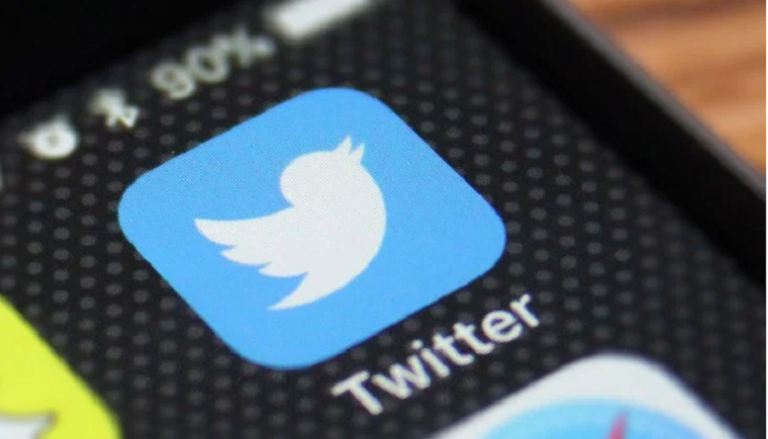
Social networking sites are part of the tools being used globally for holding political leaders accountable and in some cases businesses. In the last decade, interest in using the sites has been on the increase in developing countries, where citizens believe that the sites could help them in demanding and getting good leadership towards sustainable socioeconomic development.
Year-on-year, the users of Facebook, Twitter, Instagram, LinkedIn, YouTube among others are growing. It is instructive to know that these sites are not only deploy for political purposes, but also for business activities. One of the factors that has been attributed to the growth of social media use is the increase in the number of Internet users. In 2020, it was reported that Nigeria has 46.6% of its population as the Internet users. This is expected to reach 65.3% in 2025. Available statistics indicate that Twitter is the second most use social networking site in Nigeria after Facebook. Between May 2020 and May 2021, Twitter user grew by 5.06% [see Exhibit 1].
Exhibit 1: Share of Nigerians’ Select Social Media Users
Tekedia Mini-MBA edition 16 (Feb 10 – May 3, 2025) opens registrations; register today for early bird discounts.
Tekedia AI in Business Masterclass opens registrations here.
Join Tekedia Capital Syndicate and invest in Africa’s finest startups here.
In the political space, the sites are being used by citizens and politicians for engagement before, during and after elections. From the administration of former President Olusegun Obasanjo to Musa Yar’dua and Goodluck Jonathan, Facebook and Twitter were used by their media handlers for civic engagement. While these sites were deployed, the handlers were commended and chided in relation to the government’s policies and programmes. The constant reactions from the public to the messages emanated from the presidency has never for a second stopped since 2015, the year President Muhammadu Buhari took over from former President Jonathan.
What has changed according to social commentators and public affairs analysts is the current government’s inability to withstand severe criticism from non-state actors. The criticism has been primarily occasioned by the various socioeconomic and political challenges ravaging the country and the government seems not be concerned about finding lasting solutions to them.
President Buhari’s recent statement on the need for the citizens in the southeastern region to support the government in ensuring peace and unity was quoted and posted on Twitter by the media handlers. Part of the message was considered offensive and capable of leading to genocide by the microblogging site. The site enforced its rules by deleting the message, this led to banning of the company’s operations in Nigeria.
Our analyst examines reactions to the ban by the government. In 24 hours of enforcing the ban by the telecommunication operators, analysis reveals that interest was more in knowing why the Federal Government banned Twitter, what is happening to the microblogging site and how to use Virtual Private Network to access it as the telecommunication operators effected government’s order. One of the critical questions being asked by the Internet users, who are mostly the youths, is When is President Buhari tenure ending? This is being asked on Google Search Engine.
In spite of the ban, our check shows that some users are using VPNs to access the microblogging site. Having discovered this, our analyst mined 10,195 tweets for further analysis and understanding of what the users debated between 10 am and 2pm on June 5, 2021. A total of 316, 130 words was used by the users to express their feelings about the ban.
Significantly, analysis establishes the use of ban, twitter, Nigeria, government, Nigerians, President Buhari. Endsars, freedom, people, power, democracy as dominant words appropriated to questioning rationales behind the ban. We also found democracy, Fulani herdsmen, dictatorship, policy, terrorism, cryptocurrency, Buharimustgo and accountability as dominant words.
From the ethnographic analysis of the tweets, our analyst found that these words were used within the contexts of existing socioeconomic and political challenges. These words were also discovered to be divisive factors, categorising the users into Pro-Government Group, Pro-Twitter Group, Anti-Government and Anti-Twitter. In our dataset, members of the Anti-Twitter Group were minute while the Anti-Government were many. It also emerged that members of PTG were more than those in PGG.
These groups equally have different perspectives regarding the ban. PGG believes that the microblogging is posing serious threat to national security and unity when one considers how the users are using it to spread fake news and misinformation. On the other hand, members of the PTG consider the decision as a factor that would affect Nigeria’s image globally and also increasing unemployment rate among the youths who are working in the digital economy sector.
Exhibit 2: Dominant Themes in Tweets
Source: Nigerian Twitter Community, 2021; Infoprations Analysis, 2021


